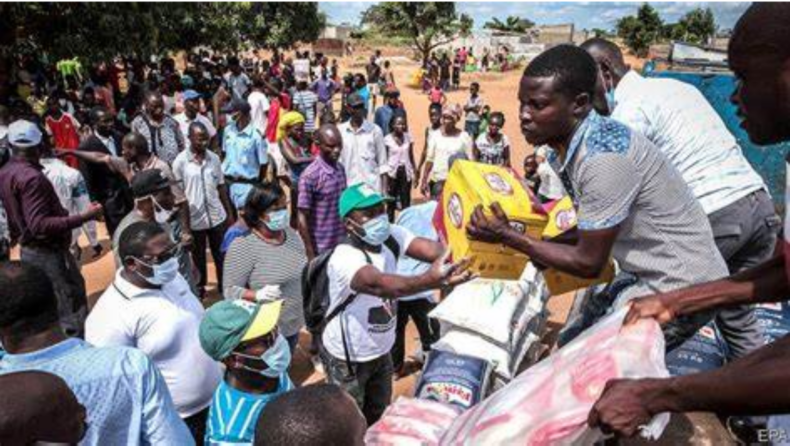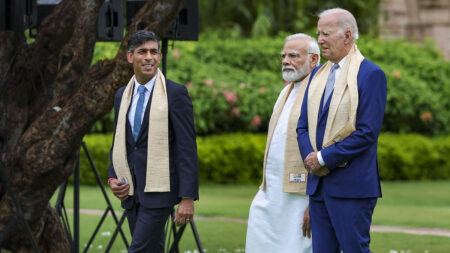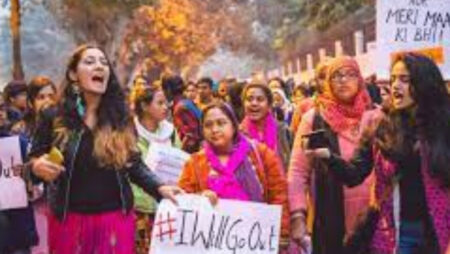
Africa is indeed the least indebted continent in terms of GDP and per capita. Still it suffers the most from state debt pressure. It also emits the least greenhouse gases and still the most affected country by climate change. As a result, the unfortunate contradiction of Africa being the least infected by COVID-19. Yet Africa is suffering the most from its effects is unsurprising.
The pandemic hastened Africa’s unequal treatment as a result of global economic governance rules and institutions. It revealed the practical implications of inequality. For example, differences in state capacity to limit the socio-economic impact of lockdowns, as well as the hyper dependence of critical value chains. It is particularly with China, and also the vulnerabilities and limits of the international financial system.
Some critical concerns, such as debt, remain beyond the reach of Africa’s governments and people.
COVID-19 limited fiscal flexibility, making Africa’s debt servicing more challenging
In the first two months of the outbreak, $10 trillion in stimulus programmes were announced. With the European stimulus amounting to 30 times that amount in today’s money. The global debt-to-GDP ratio is currently close to 260 percent. Practically all the rich countries exceed 100 percent. Yet Africa’s debt-to-GDP ratio remains below 60 percent on average.
Thus, following the lead of leading economies into monetary experimentation, it would have depreciated Africa’s currencies. Also, it would have reduced its ability to import and service sovereign debt. African finance ministers demanded $100 billion in liquidity support, but they battled to be heard. Since not only was there no new money to sustain economies, but development programmes were also cut. Furthermore, the capital flight also reached new highs.
Africa’s concentration on China
Debt trap diplomacy by China towards Africa, disclosing $40 billion in concealed debt collected by African countries between 2000 and 2017. China owes the continent a total debt of $207 billion, or about a quarter of the continent’s total external debt.
This is due to antiquated financial structures in many respects. Africa’s GDP has more than doubled since 2000. While ODA and lending have increased as well, they have not kept pace. Despite repeated promises of support for the MDGs, SDGs, and now climate transition, African countries are finding it difficult to access concessional finance. And due to punitive commercial terms that force them to look for alternatives to the credit rating agencies iron rules and China has been by far the most significant source.
However, even this source of water may be drying out. The pandemic has had a significant impact on China’s Belt and Road Initiative (BRI). Also, the period of free loan access for African countries appears to be coming to an end. Thus, more restrictive conditions are expected to be implemented. COVID-19 has decreased fiscal space and made debt servicing more challenging, and requirements are growing against a backdrop of low growth. The IMF forecasts only 3.7 percent growth for Sub-Saharan Africa this year, with per capita incomes remaining 5.5 percent below pre-pandemic levels.
Necessary action required
This will go on for years if the continent does nothing. As a result, increasing African agency is crucial. The Economic Commission for Africa is pushing for the creation of a repo market. Therefore, with a $200 million Afrexim bank facility acting as a guarantor to reduce borrowing costs. In addition, African sovereign Eurobonds are making a comeback, with a total investable universe of more than $130 billion.
Climate financing is also gaining traction, however slowly, despite the Paris Agreement’s goal of a $100 billion per year commitment. On a political level, the African Union (AU) shows a stronger commitment to establishing an African Continental Free Trade Area (AfCFTA). It’s reforming regional entities, and putting the continent on a more ambitious development path. Green accords reflect a fresh drive to do things differently, particularly in crucial areas such as energy. ‘Building back better’ is now popular political discourse.
The pandemic has compelled governments all around the world to take unprecedented and severe measures. Those in charge of global finance must give African decision-makers the budgetary and policy latitude they need to discover their own solutions.













